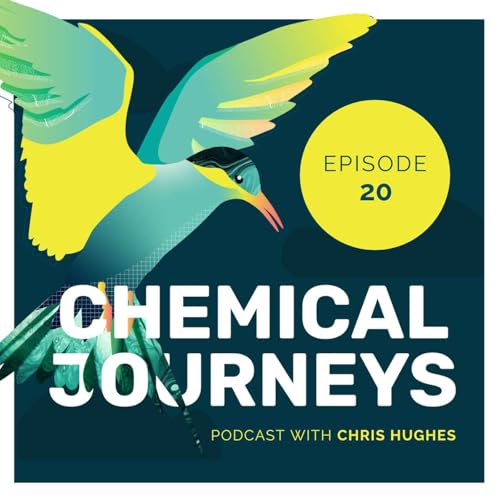In this episode I speak with Joanna Gavins, who is a professor of English Language and Literature at the University of Sheffield.
Joanna and I discuss the language we use and how this influences the way we think, feel and act in relation to the choices we make, the environment, and chemicals.
We start off by discussing the work Joanna has been doing at the Bio-based and Biodegradable Industries Association (BBIA) on how to effectively communicate information about product sustainability to consumers. We also delve into the topic of the relationship between humans and nature.
Our discussion then moves onto chemicals, and we do a deep dive into the language surrounding chemicals in modern discourse, and how that influences public perception and emerging policy. We talk about the issue of chemicals in the environment, how this relates to humans, and how we might get better at talking and thinking about these issues.
I hope you will find this discussion as fascinating as I did!
Plastic: Unwrapped podcast - Plastic Planet | The University of Sheffield Player
Human/Nature podcast | The University of Sheffield Player
White paper: Growing the UK’s Modern Industrial Bioeconomy
Effective Communication to Advance the Modern Industrial Bioeconomy - report
Just Earth: How a Fairer World Will Save the Planet - Tony Juniper
Vanished: An Unnatural History of Extinction - Sadiah Qureshi
Ecolinguistics: Language, Ecology and the Stories We Live By – Arran Stibbe
Support the show
 1 時間 6 分
1 時間 6 分 55 分
55 分 1 時間 22 分
1 時間 22 分 55 分
55 分 1 時間 2 分
1 時間 2 分 40 分
40 分 51 分
51 分 56 分
56 分
